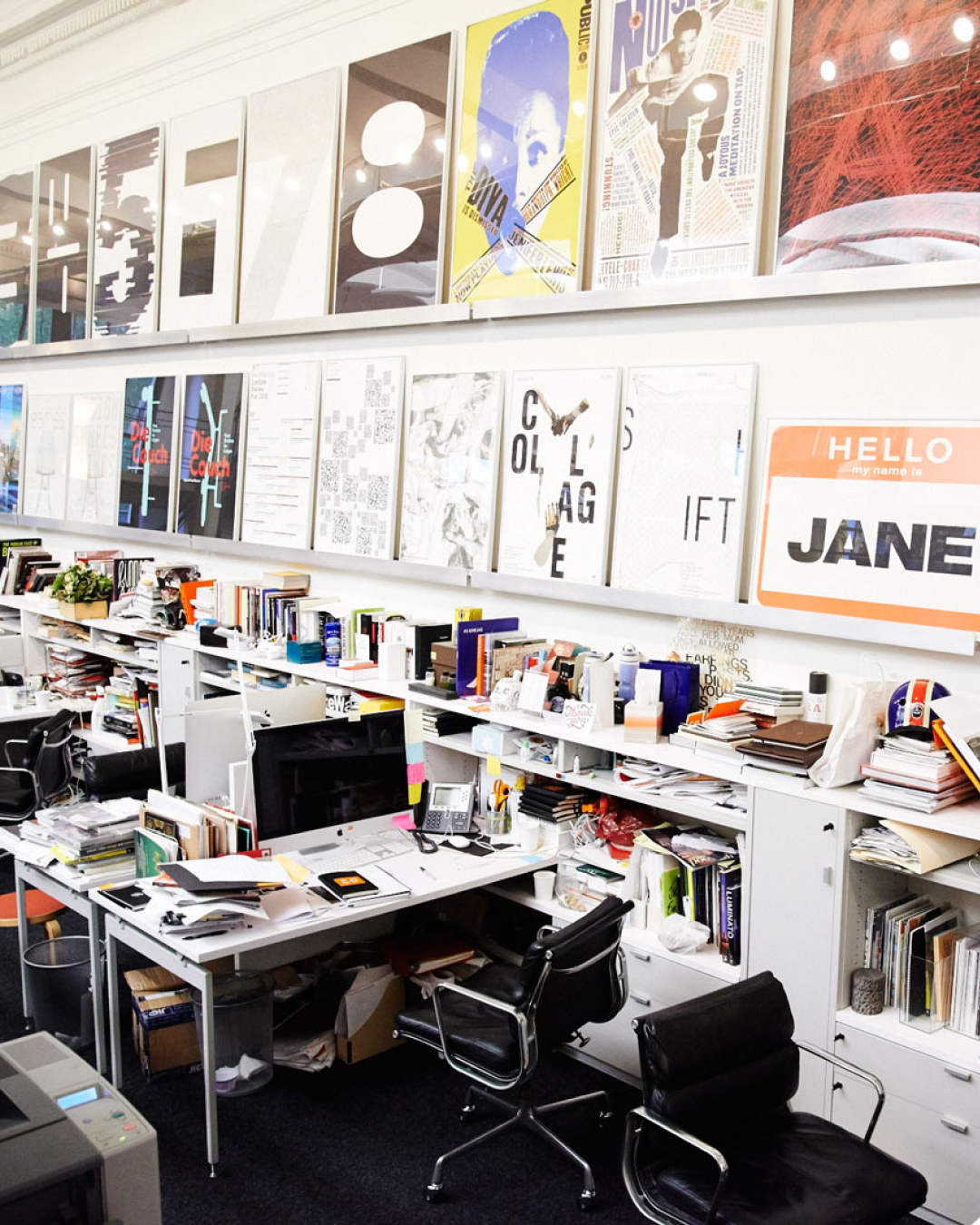
Is fashion school setting designers up for failure? One thing is making the clothes, another is selling them
Admittedly, most fashion designers aren’t the best businesspeople. Why should they be? They went to school to learn how to make a pattern, not how to make a business plan, pay their interns or analyse profit margins. Yet still, if one takes the route of establishing a brand themselves, they usually work 10 jobs in one. They are not only designers – they are also the salesperson, manager, marketing officer, studio coordinator and so on. Recently, the writer Jessica Testa wrote a piece on the young designer Elena Velez for the New York Times. On paper, Velez has all the schools on her CV it takes to make it in fashion. She did her BA at Parsons in New York City and Paris, and afterwards, she took a dip to Central Saint Martins in London to fulfil a graduate diploma. Post-education, she founded her own brand, with nearly 500K in investments. Yet still, when she opens up her finances in the said article, she confesses that she is knee-deep 90K in debt. Her unstable business structure makes it almost impossible to build a consistent payrolled team, let alone to pay interns.
What might seem shocking to some, is daily business in fashion. Velez’ situation is by no means an exception – most smaller brands, who are based in major cities struggle with cashflow, or bluntly said, with the business side of things. The current generation of fashion students, who study at very renowned instuitions, grew up around the myth of Galliano and McQueen, the nepo-baby success of Stella McCartney, the birth of modern avant-garde in Antwerp with the Antwerp Six and the rise of independent labels such as Charles Jeffrey or the recently closed down brand Christopher Kane. All these people are success stories in their own right, which invited young teenagers in their bedrooms to dream. They gave them hope that it is possible to have your vision out there, to establish a design code and even become a superstar. «Fashion designers are the new rockstars,» Rick Owens once said.
@sullivanryan Parsons school of design graduating class #parsonsschoolofdesign #bfa2023 #fashion #vogue #fashiontiktok #fashioninspo #outfitinspo #outfitideas #hypebeast #highsnobiety #womensfashion original sound - ryan sullivan
This is the dream that is being sold to young people. The illusion that kept them going through the allnighters and breathing through the harshest critiques. In fashion school, no one talks about the business interests of Bernard Arnault. LVMH smells like power, it looks like a potential employer, but it never feels like a genuine threat. Additionally, barely anyone speaks about the bag of debt students carry just to study there. Everything is about identity, ideas, development and sustainability. When you are in a fashion school like Central Saint Martins, Parsons or even the Institut Français de la Mode, everything feels possible. You are at the top of the world, until you leave. Then the dream starts crumbling as reality starts to sink in. A former student of a well-known fashion school in Paris, who wishes to remain anonymous states that their classes contained no business courses. Contrary to other schools, they push their students to get a job at a maison, in order to secure an internship, rather than falling into the deep water and starting a brand, they add. Additionally, the graduate was thinking of starting a brand, but buried that idea, due to a lack of business skills. «I’ve had a lot of positive feedback after my degree show. To be perfectly honest, I would not know at all where to start. I had different experiences in big and small houses, so I think this is a plus. Nevertheless, I am struggling to understand how to start a business from scratch.»
At Central Saint Martins, business classes weren’t part of the MA curriculum as well. Alessandro Todolo, alumni of the MA fashion degree at the school praises his course leader Fabio as extremely wise and points out their amazing eye when it came to design and career. «If you ask him, he says if he thinks it’s a fit or potentially encourages you,» he adds. Alessandro is currently in the process of starting is own brand – he is 30 years old, and if he doesn’t do it now, it might not happen in the future. Additionally, the school provided a few meetings with Angela Farrugia, who focuses on helping students build their brands. She helps with logistics, taxes and legal matters, and pushes if there is economic potential, says Alessandro. Yet still, most classes put more of an emphasis on design development, research and the general execution of the collections. «It is 90% design related,» adds Alessandro. «It is a fashion design degree so I see why they don’t [teach business]. But they should at least put more emphasis on how difficult it is to make a living creating very sculptural pieces that don’t have a big economical value. I feel a lot of students have a bit of a distorted view of how fashion works.» Alessandro is pointing out a very important fact – no matter how beautiful or conceptual your creations might be, even if you are stocked at major retailers – a more realistic view of the system won’t hurt, and most importantly, might save some people before they jump in to sink.















































